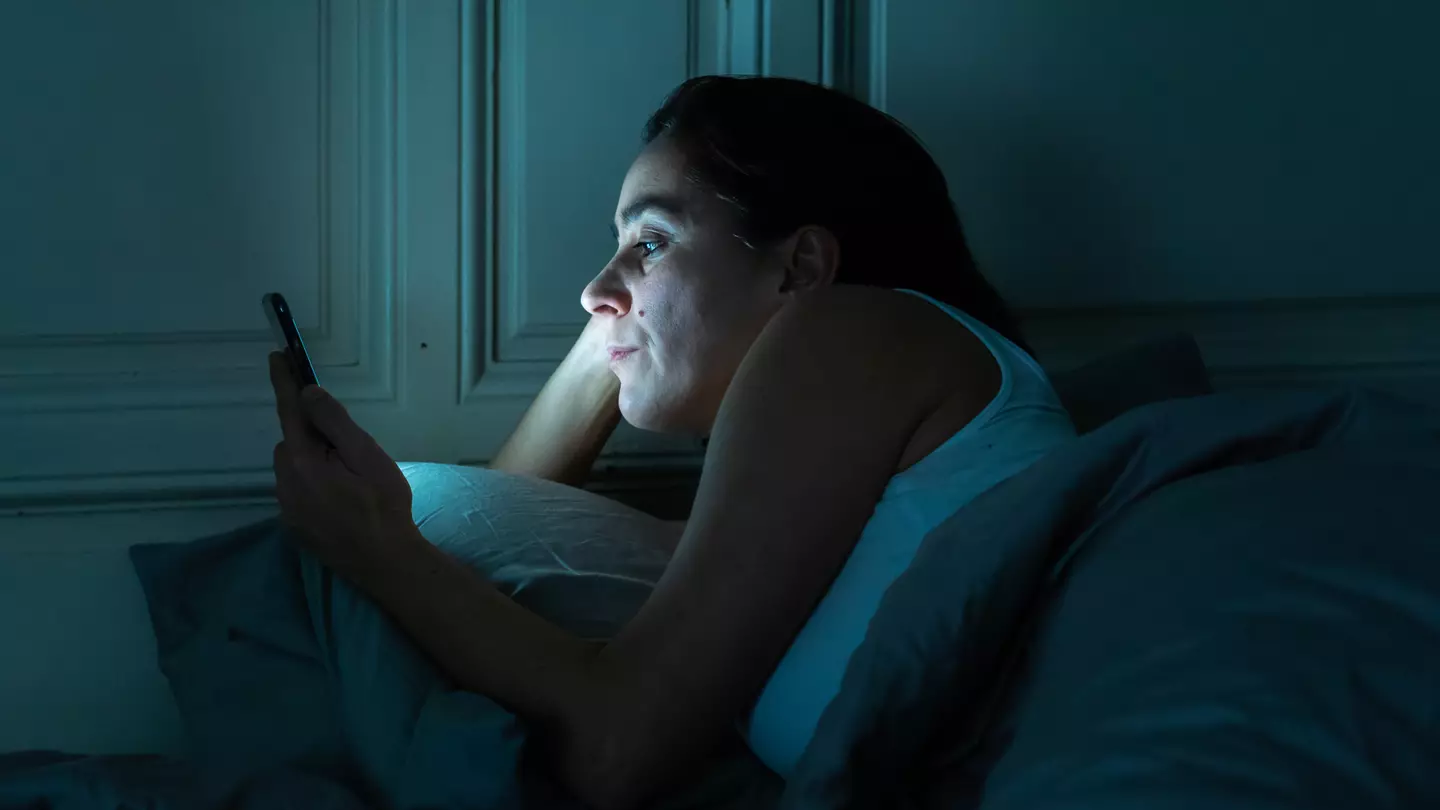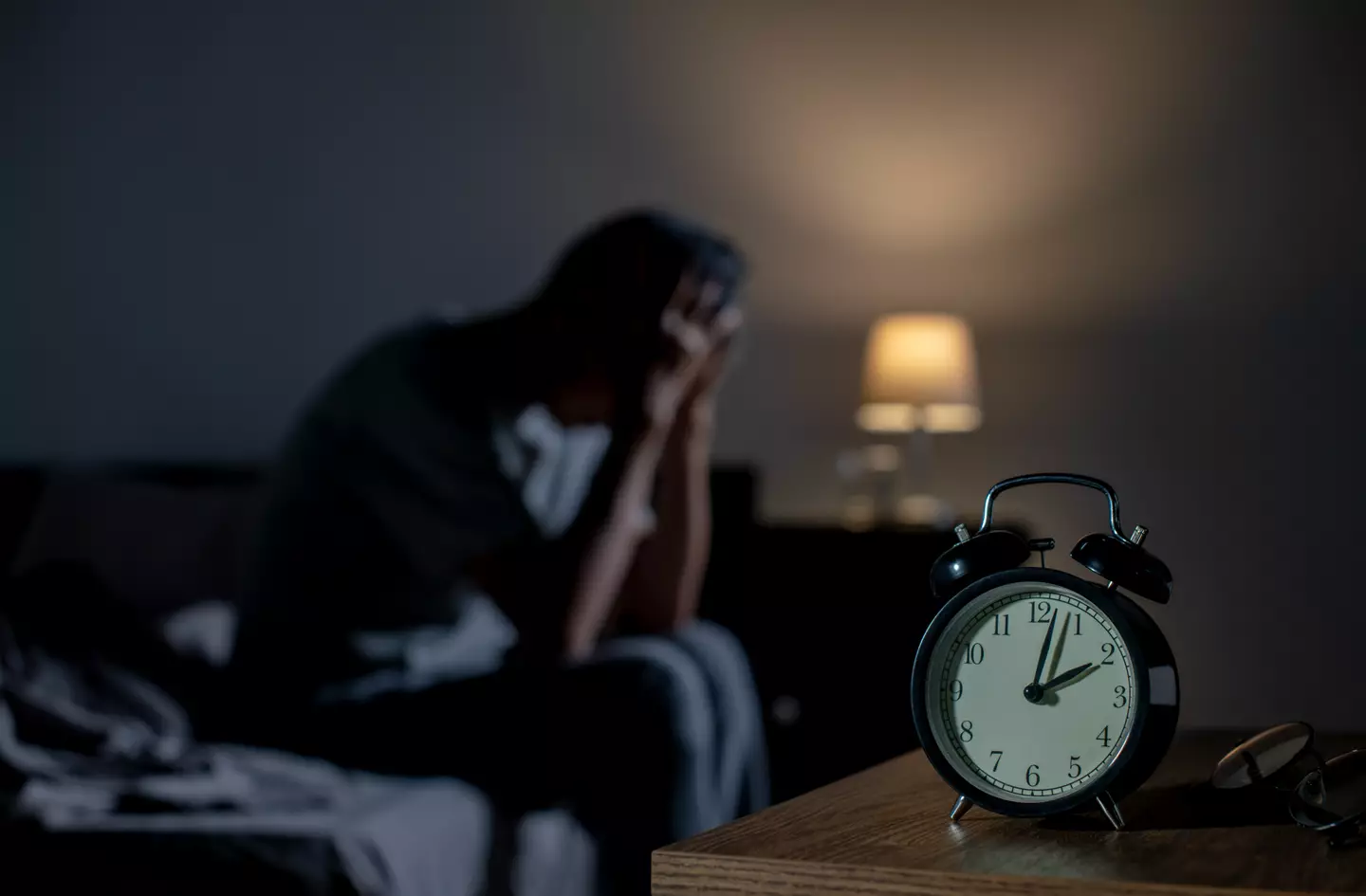
Scientists have issued a warning about what happens to your brain after midnight.
We've all been there, when you're lying awake at 2am, staring at the ceiling and deciding you need to change up your entire life.
For some reason, our problems and worries seem way worse in the middle of the night - and it looks like there's an actual scientific reason behind it.
We often find ourselves wracked with worry, replaying every awkward moment we've ever had, or simply just feeling anxious about the day ahead.
Advert
But as we say, this happens to so many of us that researchers have looked into the phenomenon and found an explanation behind it.
A 2024 study found that 25% of Americans don’t go to bed until after midnight, while 2022 research revealed that over one in four (27%) of Brits go to bed between 11:30pm and 12.30pm, while 11% hit the hay around 1am or later.

According to Vice, after midnight, our brains actually start working against us, making us more impulsive and prone to intrusive thoughts and risky choices.
Harvard neurologist Elizabeth Klerman, one of the researchers who came up with the 'Mind After Midnight' hypothesis says your brain's chemistry actually changes past 12am.
In a 2022 interview, she said: "The internal biological clock is tuned towards sleep, not wakefulness, after midnight.
"There are millions of people who are awake in the middle of the night, and there’s fairly good evidence that their brain is not functioning as well as it does during the day."
She added: “My plea is for more research to look at that, because their health and safety, as well as that of others, is affected.”
If you're unfamiliar with the 'Mind After Midnight' hypothesis, it suggests that when humans are awake during the biological circadian night, which is after midnight for most people, there are neurophysiological changes in the brain that alter the way we interact with the world.
This is especially true for actions related to reward processing, impulse control and information processing.

These changes can make you more likely to view the world negatively, engage in harmful behaviours, and make impulsive decisions without fully thinking through all of the consequences.
Essentially, the human mind just isn't built to be awake after midnight.
So, people are more likely to make bad decisions when they haven’t had enough sleep, and they’re awake when their circadian rhythms are telling them to be asleep.
One study found that illicit or inappropriate use of substances increases during the night, as does crime and violence, and even a risk of suicidal thinking.
As reported by Vice, during the daytime our brains are 'tuned for reward, cooperation, and focused thinking' but after midnight, we switch into survival mode, making us more alert to threats.
We're also less capable of clear reasoning and more reactive, making us more likely to be impulsive.
Klerman added: "You might end up drinking too much, missing a crucial decision at work, or arguing online - all because your brain at that hour isn’t wired for reason."
So, if you have any big decisions to make, maybe wait until the morning.
Topics: Sleep, Mental Health, Science, Life, Health